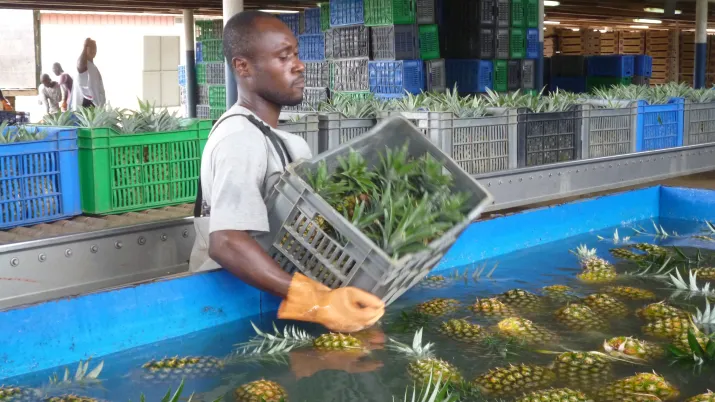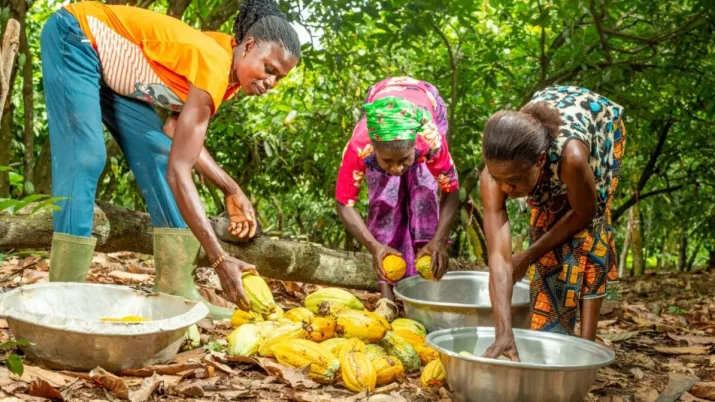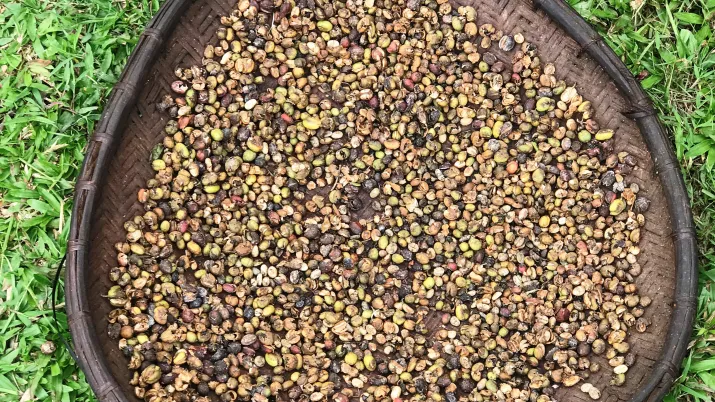Share the page
Consolidating Fair Trade sectors in West Africa (Equité II)
Project
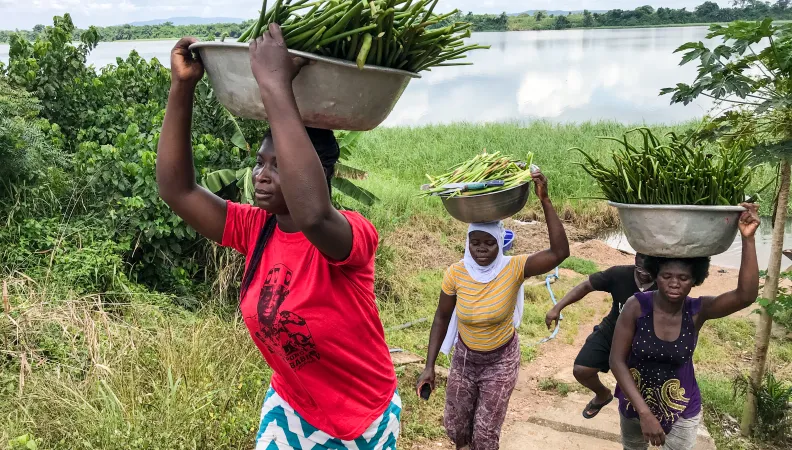

-
Project start date
-
Status
Completed
-
Estimated date of project termination
-
-
Project financing date
-
-
Financing duration
-
4 years
-
Type of program
-
FFEM
-
Global financing amount
-
€ 11 500 000
-
FFEM financing amount
-
€ 2 500 000
-
Project lead member institution(s)
-
AFD
-
Country and region
-
Multi-country
-
Location
-
Mali, Burkina Faso, Côte d’Ivoire, Ghana, Togo, Bénin
-
Type of financing
-
Partners
-
Agence Française de Développement (AFD), Farming organisations
-
Beneficiaries
-
Commerce Équitable France, Agronomists and Veterinarians without Borders (AVSF)
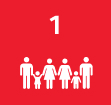

Fair trade sectors are a very effective tool for protecting agricultural and forestry resources while improving the lives of populations. Following a successful initial pilot phase, the Équité II project, supported by the FFEM, aims to continue structuring and consolidating these sectors in West Africa.
Context
For some ten years, sales of products certified as “Fair Trade” have flourished all around the world. In France, turnover generated by the fair trade sector apparently grew by 85% between 2014 and 2018, with several national institutions recognising the essential role this sector plays in development aid policy. In West Africa, the growth of fair trade is accelerating in response to escalating demand. All fair trade accreditations incorporate environmental requirements into their specifications, making this an interesting tool for improving natural resource management.
The Équité II project supported by the FFEM aims to consolidate and build on the results from the first pilot phase in terms of structuring the fair trade sectors, including an objective of promoting gender equality. It relies on the capacity-building of producer organisations, such as the Côte d’Ivoire cocoa sector.
Description
The project has three components:
- Consolidating fair trade producer organisations in West Africa by facilitating their access to financing and digital tools. This component also includes the objective of supporting gender equality.
- Strengthening the fair trade institutional ecosystems and developing markets by leveraging national fair trade platforms and existing accreditations.
- Designing the project pilot, providing impact monitoring and evaluation and organising the capitalisation and communication of the results.
Impacts
- Increasing revenue for small producers and agricultural workers, tackling social inequalities and improving the working conditions in partner producer organisations.
- Investment and job creation in rural regions through financial support to the producer organisations.
- Reduction of gender inequalities and promoting a more inclusive local economy.
- Preservation of biodiversity, combating deforestation and contributing to the agroecological transition.
Innovative and exemplary features
This project offers financial facilities to support innovation by producer organisations in matters of management, production means and processing, in accordance with a circular economy approach. It also puts in place innovative pilot funding to finance the agroecological transition, allowing Côte d’Ivoire cocoa producers to move toward more resilient agroforestry models in support of natural resources. By putting project leadership in the hands of the producer organisations themselves, the project makes local people the main agents in sustainable development. Particular attention is paid to gender issues, and digital innovation lies at the heart of the modernisation solutions proposed to the producer organisations. Built on the foundations learned from the pilot phase, this project ensures good dissemination of successes and innovations to maximise reproducibility.
Sustainable Development Goals
ODD1 No poverty

ODD12 Responsible consumption and production




